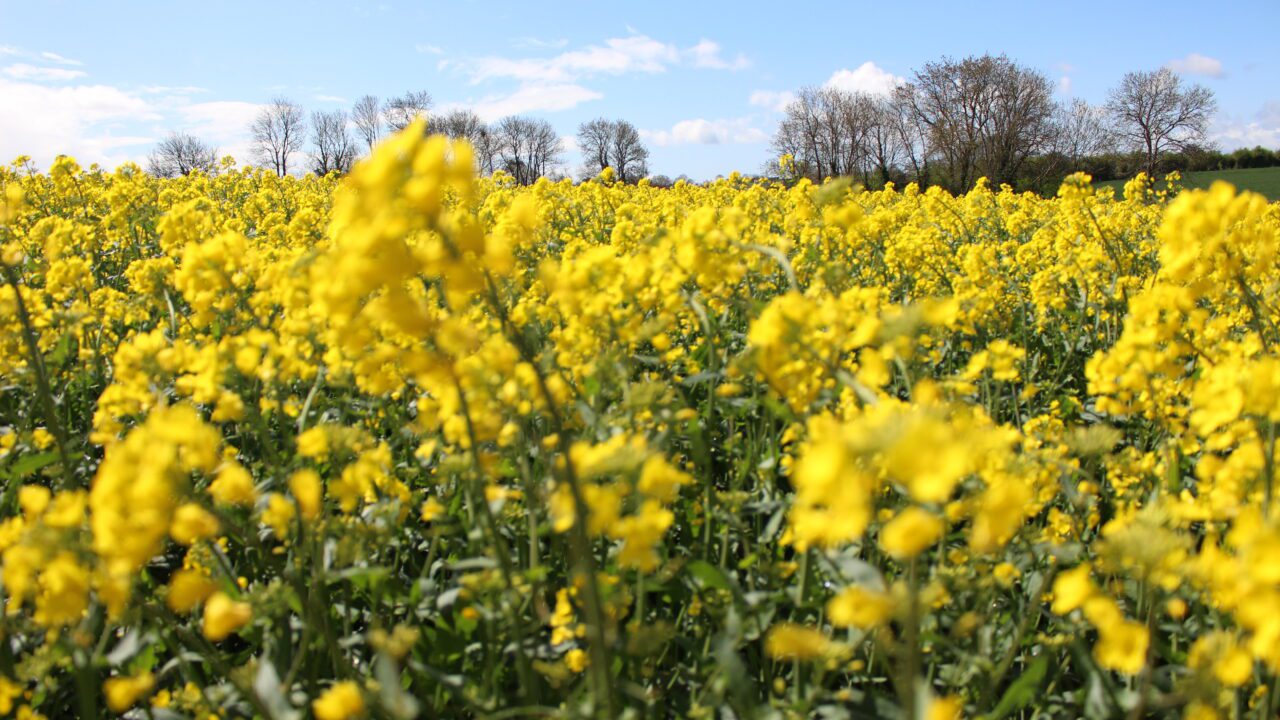Rothamsted Research scientists have confirmed that crop chemicals can replace fossil fuels in many common everyday items.
They have recently bio-engineered a plant to produce a range of industrial chemicals, the majority of which are usually obtained from fossil fuels.
The class of chemicals – a group of molecules called 4-vinyl phenols (VPs) – are widely used in the manufacture of products such as food and make-up.
The breakthrough came when researchers altered a metabolic pathway in the oilseed plant, camelina, and diverted it to make derivatives of these potentially useful products instead.
This is the first time this has been achieved in plants, and the crop has already been tested successfully in the field.
Using crops to produce the raw materials for industry could reduce society’s reliance on petrochemicals.
“In turn, this which would help the move to net zero,” said Rothamsted’s Dr. Guillaume Menard.
He added:
“It’s amazing just how many everyday products are made from, or contain, chemicals extracted from crude oil and its derivatives.
“We all know the issues around the continued extraction and use of fossil fuels.
“But turning camelina plants into ‘green factories’ to make substitutes for these petrochemical compounds is a great sustainable alternative.”
Camelina is an emerging oilseed crop that is increasingly being used to produce a range of speciality food and non-food products in Europe and North America.
In developing this project, the researchers at Rothamsted inserted a gene into the camelina plants so they expressed a tailored bacterial enzyme in the developing seed.
In turn, this redirected the plant’s usual metabolic pathways so rather than producing sinapine from the chemical, hydroxycinammic acid, they instead produced the 4-VP molecules, either in a free form or attached to plant sugars.
Presently 4-VP molecules are commonly used flavour and aroma compounds for food and cosmetic products.
The members of the Rothamsted research team have been impressed by the accumulation of these 4-VP derivatives, with the bacterial gene driving a 95% reduction in sinapine content in seeds of both glasshouse and field-grown camelina.
“This is a great start,” confirmed Rothamsted’s Prof. Peter Eastmond.
“But the ultimate goal is to get the plants to manufacture all the 4-VP molecules in their industrially useful free form.
“We anticipate that step may be doable with more conventional breeding methods.”
